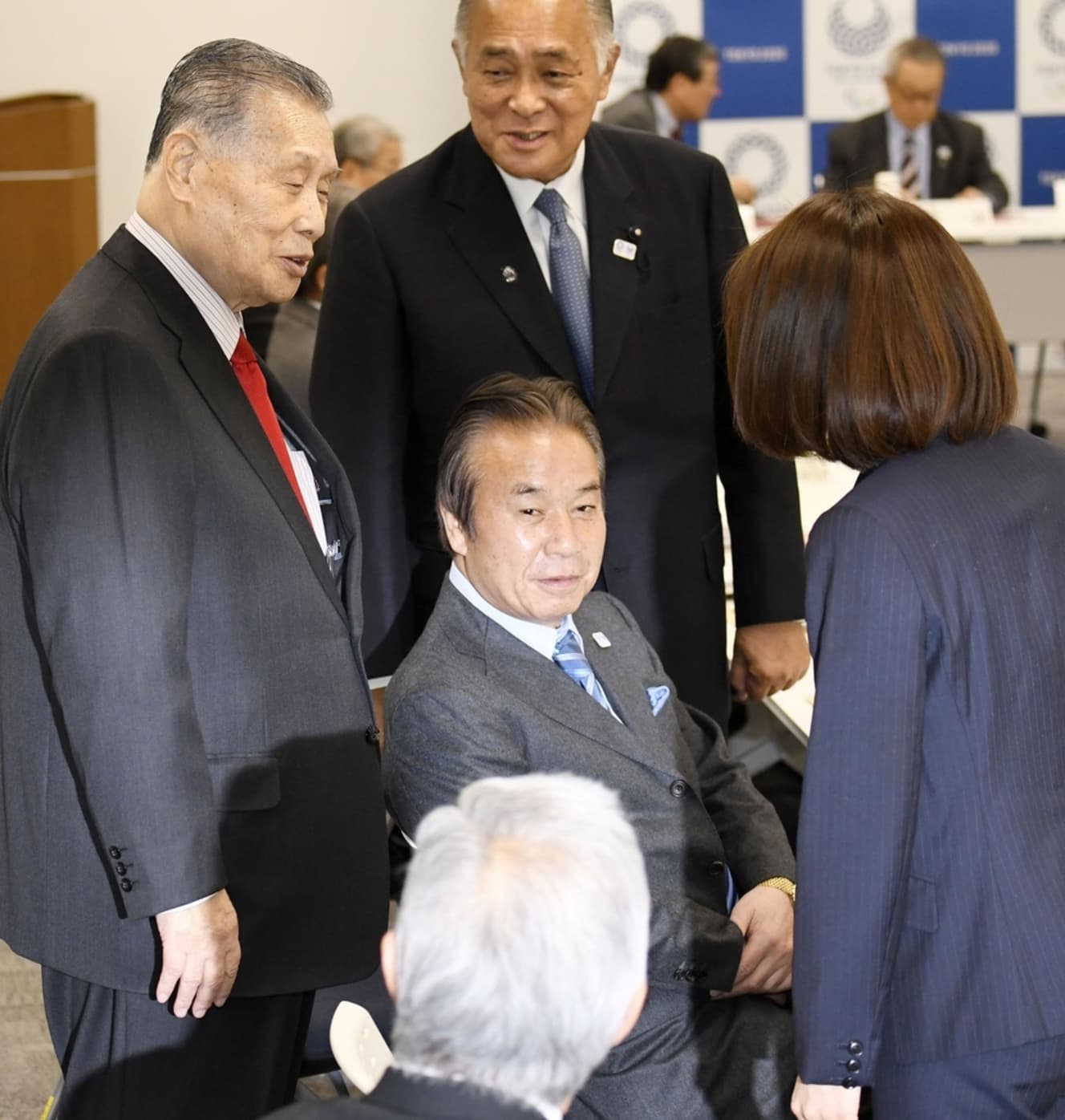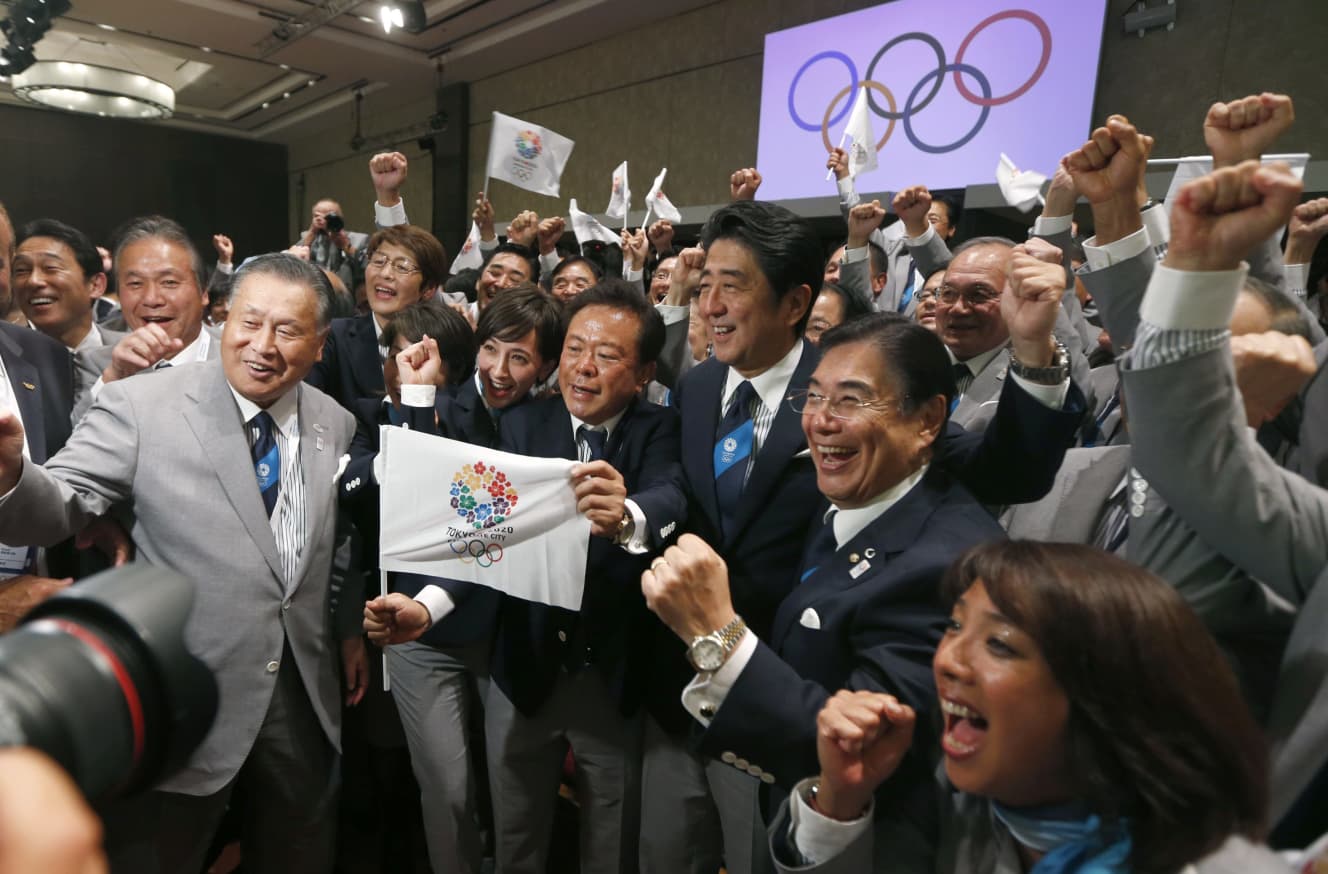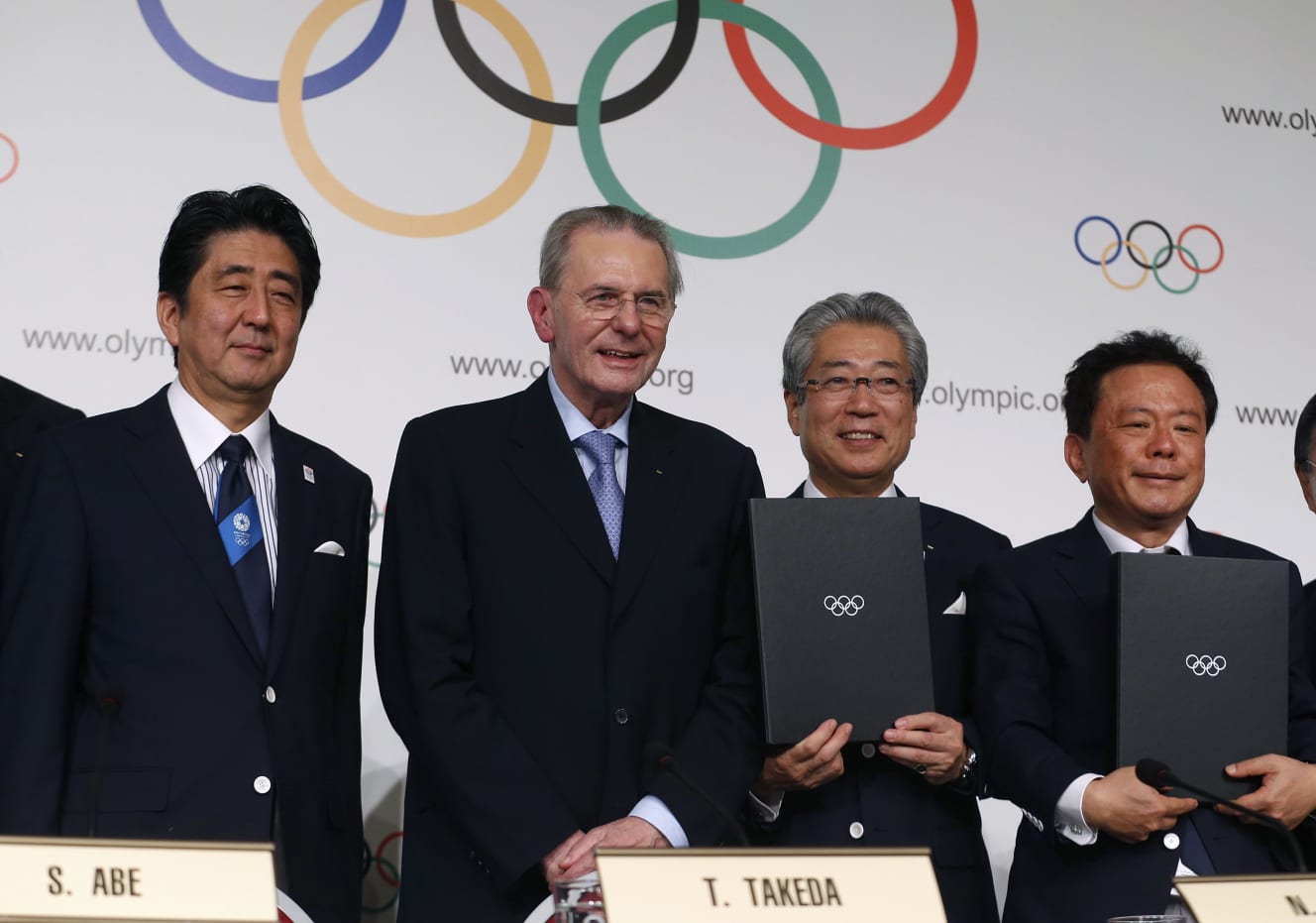Allegations of receiving huge sums of money… The media’s crime in giving birth to a “sports fixer

Finally, the investigative authorities have moved in. On July 20, the Yomiuri Shimbun ran a front-page story titled “Ex-Olympic Organizing Committee Director Receives 4.5 Million Yen from Games Sponsors. Tokyo District Public Prosecutors’ Office investigates. This was the scoop that pushed figure skater Yuzuru Hanyu’s retirement from competition to second place.
Former Prime Minister Yoshiro Mori praised “Mr. Takahashi’s help.
Haruyuki Takahashi, 78, former senior managing director of Dentsu, is a former director of the Tokyo 2020 Olympic and Paralympic Organizing Committee. He is known as a “fixer in the sports world” who was deeply involved in the bidding for not only the Olympics but also the World Cup soccer tournament and the World Championships in track and field. The Tokyo District Public Prosecutors Office, Japan’s most powerful investigative agency, is about to take a close look at him.
According to the Yomiuri, a source close to the matter said that Takahashi is suspected of having signed a consulting contract with AOKI Holdings, a men’s apparel company that was a sponsor of the tournament, and of receiving about 45 million yen. AOKI Holdings, a menswear company that was a sponsor of the convention, and the company Takahashi represents. The board members are “deemed public officials” and are prohibited from accepting money or goods in connection with their duties. The Tokyo District Public Prosecutors Office is carefully investigating the matter.
Takahashi is said to have built up a strong personal network by going to great lengths to curry favor with the biggest names in sports, including Joao Abelanger, former president of the FIFA, and Primo Nebiolo, former president of the International Association of Athletics Federations (now the World Association of Athletics Federations, IAAF). Mr. Nebiolo has made a name for himself especially abroad, contributing greatly to the bid for the 1991 World Championships in Athletics in Tokyo and the 2002 World Cup soccer tournament, which was co-hosted by Japan and South Korea.
When we interviewed people involved with Dentsu over the past 10 years, they all said, “Give me a break,” and refused to say much. When we pressed them to explain why, they replied, “He is special and I don’t want to get involved with him,” or “Even though he is a new employee, he proudly drives a foreign car to work.
While some appreciated the fact that he was able to cross paths with the world’s top executives because of his heresy and different abilities, other employees kept their distance. Perhaps it was fear, not awe.
Whenever a foreign sports figure comes to Japan, he invites them to the restaurant he owns and serves them food, and afterwards he goes to a high-class club in Ginza for a luxurious dinner,” said an insider.
At the end of March 2020, Reuters obtained a bank account transaction certificate of the “Tokyo 2020 Olympic and Paralympic Bid Committee. The Reuters news agency reported that 890 million yen had been transferred to Mr. Takahashi’s account.
In response, Takahashi told Lamin Diack, former president of the IAAF and a member of the International Olympic Committee (IOC), and others as part of his lobbying activities, “It’s only natural that I should give them a souvenir. The contents were a Seiko watch and a Canon digital camera,” he replied.
He explained that he received the money from the bid committee through a consulting firm he runs, and that it was for food, beverage, and marketing expenses to ensure the success of the bid.
The 45 million yen that the Tokyo District Public Prosecutors Office is investigating this time is also said to have come through Takahashi’s consulting firm, and the flow of money overlaps.
The reason he approached Senegalese IOC commissioner Diack was because he asked him to organize the African vote for the Olympic bid. When Tokyo won the election, former Prime Minister Yoshiro Mori, who was appointed chairman of the Bid Committee Council and president of the Organizing Committee, welcomed Diak as a member of the Organizing Committee and gave him a warm welcome, saying, “Thanks to Mr. Takahashi.
Mr. Diak was accused and convicted by French judicial authorities of being involved in a cover-up of state doping in Russian athletics that was uncovered in 2014. He died in December 2009 at the age of 88, having never told the truth about the alleged Tokyo Olympics bid.

There is one more person who should not be forgotten. His younger brother, Harunori Takahashi, is known as the “king of the bubble economy. He is known as the “king of the bubble economy,” flying around on private jets, buying resorts around the world, and rising to the top of a corporate group with total assets of more than 1 trillion yen.
It is said that his older brother Haruyuki’s personal connections were one of the supports that enabled him to penetrate the political and economic worlds. However, his prosperity was short-lived, as the bursting of the bubble economy led to the bankruptcies of his holding companies, including Lee I. International, one after another. His main bank, Long-Term Credit Bank of Japan, was forced into financial difficulties, Tokyo Kyowa Credit Union went bankrupt, and in June 1995 he was arrested by the Tokyo District Public Prosecutors Office on charges of breach of trust.
Although he consistently maintained his innocence at trial, he was sentenced to prison in both the first and second trials and passed away in July 2005, before the Supreme Court made its decision. The cause of death is believed to have been a subarachnoid hemorrhage.
I will tell everything before I die.
The smell of huge sums of money is surrounding Mr. Takahashi.
The Tokyo Olympics and Paralympics Special Measures Law stipulates that the officials and employees of the Organizing Committee are “deemed public servants. If money or goods are offered in response to their duties, and if it is judged to be a bribe, then the criminal law’s crime of bribery may be established.
The IOC’s Code of Ethics also stipulates that Olympics officials must not demand or accept compensation or commissions related to the Games.
Toshiki Tsuda, a sportswriter and part-time lecturer at Kokushikan University who has been covering the Tokyo Olympics bid scandal, said, “The Organizing Committee for the Olympics was dissolved on June 30, and the Tokyo District Public Prosecutors Office began to move in after a lull. In fact, they must have been investigating the matter long before that,” he said, analyzing the timing of the revelation.
Through the Tokyo Olympics, the IOC has proven that it is an organization that puts broadcasting rights fees and sponsors first. The IOC began its commercialism from the 1984 Summer Olympics in Los Angeles, and Dentsu Inc. was the driving force behind this commercialism. The driving force behind the commercialism was Dentsu, and Mr. Takahashi was the “vanguard. Although Takahashi may have been idealistic in the beginning, he may have crossed the line and become corrupt with those who were interested in the sports business and knew how profitable it was.
The media also bears a great deal of responsibility. Knowing what was going on inside, major newspapers were among the sponsors of the Tokyo Games. This put out the fire of pursuit and resulted in only superficial reporting. The Yomiuri’s scoop is also a re
Takahashi, who says he has “never been paid to do anything related to the Olympics,” once dared to say, “I will tell the whole truth before I die. If that is the case, I would like the investigative authorities to tell me the whole story.
